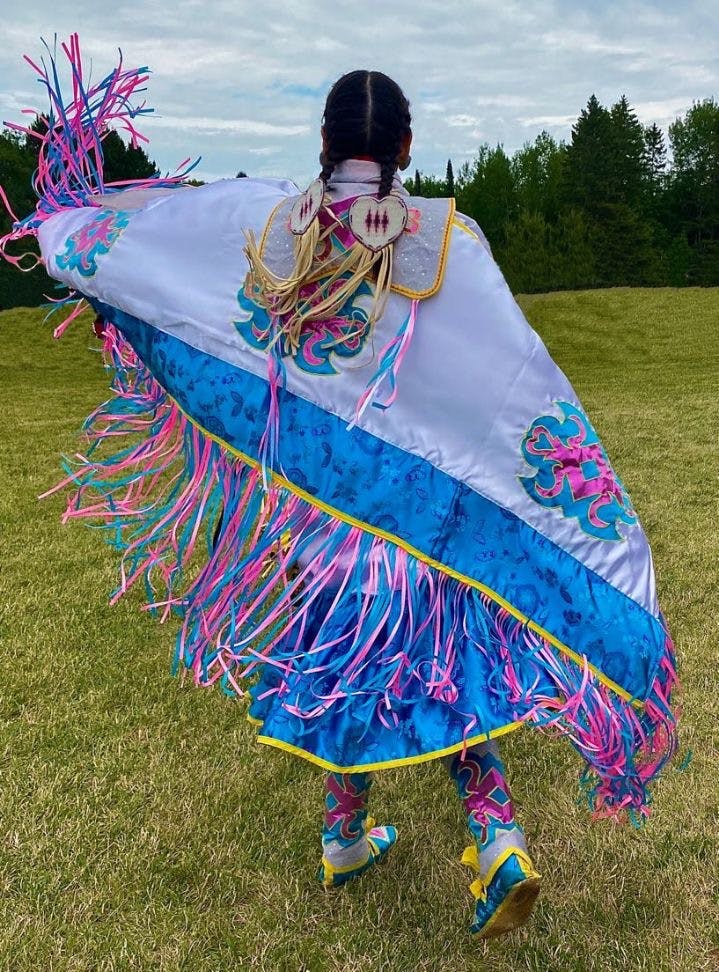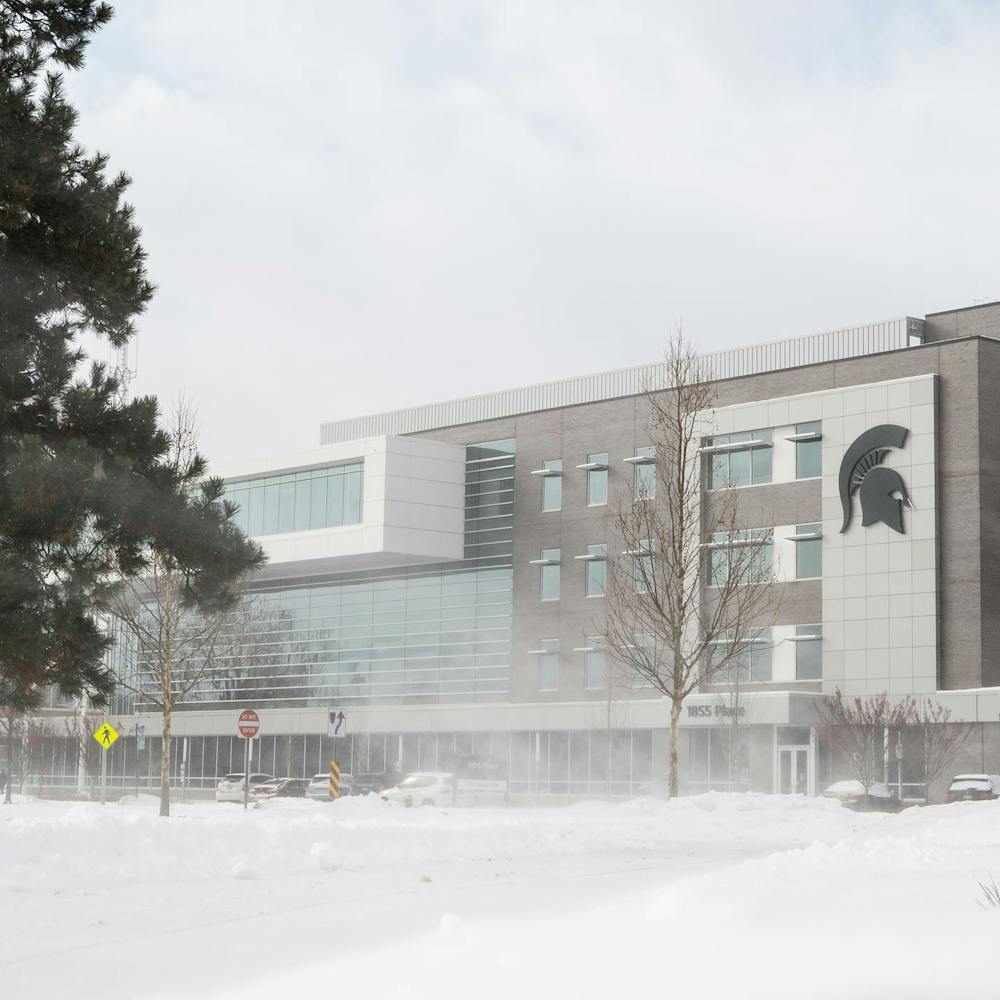Note: When referring to people of indigenous or native descent, it is most appropriate to use Indigenous or Native people. Generally, the terms are always capitalized when referring to people. Although tribal governments' names still use "American Indian and Native American," it is culturally an outdated term.
Home to 12 federally-acknowledged tribal governments, Michigan’s Native people celebrate Michigan Indian Day on Sept. 23.
“This is our day,” Associate Director at the Office of Diversity, Equity and Inclusion of the College of Agriculture & Natural Resources and member of the Cayuga Nation Emily Sorroche said. “This is something that is bringing awareness, and it’s helping to uplift important issues that are happening across Indian countries. … It’s a day of embracing each other, just listening and building that awareness.”
Through the 1819 Treaty of Saginaw and the 1862 Morrill Act passed by President Abraham Lincoln, native land was stolen and then developed and established into “land-grant” universities, one of them being MSU, according to Co-Chair of Native American Indigenous Student Organization, or NAISO, and member of the Little Traverse Bay Bands of Odawa Indians Neely Bardwell.
Michigan State occupies the contemporary Lands of the Anishinaabeg: Three Fires Confederacy of Ojibwe, Odawa and Potawatomi People, according to MSU’s Land Acknowledgement.
“This university chooses to flaunt that fact that they are a land grab institution and kind of saying that as a good thing,” Bardwell said.
To many Native students at MSU, it’s an isolating and sad experience to know that MSU is founded on stolen land.
“The university constantly tries to make us feel like we don’t belong, and I would say that this is native land, we belong here, we’re supposed to be here,” Bardwell said. “That’s one of the biggest things that we’re fighting against at the university level, is getting them to recognize that … through violent processes that this university was able to be built.”
Although Indigenous People’s Day is widely celebrated, that day resembles a protest, not a holiday, for many Indigenous students.
Indigenous People’s Day was purposely placed on Columbus Day as a direct response to push against the norms and idea that Christopher Columbus discovered America.
“There are not a lot of days that Native Americans are honored,” Sorroche said. “Moving away from acknowledging Columbus Day and what that represents historically. He caused a lot of historical trauma and genocide. So, I still don’t really understand why we celebrate Columbus Day.”
Michigan Indian Day is a day for Indigenous people to celebrate themselves and their existence because many don’t recognize that they’re still here and fighting for their sovereignty, Bardwell said.
“For me, Michigan Indian day represents both the current and historical contributions that we’ve made to the economy, to agriculture, to the environment and just the prosperity of the state overall,” member of the Tribe Grand Traverse Band of Ottawa and Chippewa Indians Stevie Quijas said.
For Quijas, who uses the pronouns they/them, their native heritage gives them the power to help other people and further appreciate the environment.
“My Indigenous identity informs my worldviews in relation [to] the environment,” Quijas said in a text. “My identity as an indigenous person is fundamentally and inextricably tied to ecology. I do not exist above or in a superior manner to the environment or the non-human life within it. Rather, I coexist alongside or in relation to non-human life and the environment.”
Bardwell said many Native people walk through life differently compared to white people. Often, the daily actions that Indigenous people do is to benefit future generations.
It’s very rare that I’m doing things in my day-to-day life for myself,” Bardwell said. "That kind of responsibility that we all carry with us to the next generations is something that I don’t think a lot of people understand, and I don’t think they understand how much of an emotional toll that takes too.”
Sorroche has seen people go through the Land Acknowledgement almost as a trend but encourages them to move beyond it by experiencing their Indigenous culture.
“When I present things and talk to folks I’m like, ‘What’s next, right?'” Sorroche said. “You said the Land Acknowledgement, now what’s your relationship to it? What does that relationship mean to you? So, that’s really what I encourage is to continue that journey.”
Although Native students may feel like there’s no space for them at MSU, Bardwell reminds them that there is a community that will be there to fight and root for them.
Support student media!
Please consider donating to The State News and help fund the future of journalism.
On Sept. 23, MSU School of Social Work will be hosting a trauma-informed care certificate elective course on the history of U.S. boarding schools and resultant intergenerational trauma and healing ways featuring Suzanne L. Cross, associate professor at the MSU School of Social Work.
NAISO will also be hosting the 37th annual Powwow of Love: Face-to-Face Edition from 1 p.m. to 7 p.m on Oct. 1 at the IM East Field.
It’s important when you’re new to a university to participate in your community and continue learning about your identity and the culture around you, Sorroche said.
“You just got to find those people,” Bardwell said. “You can't be afraid to reach out. ... Once you really connect with those support systems and find a way to get those support systems to work for you, that’s when your experience at this university will be so much better.
Discussion
Share and discuss “Indigenous students and faculty speak on cultural awareness, sacred Native community” on social media.







